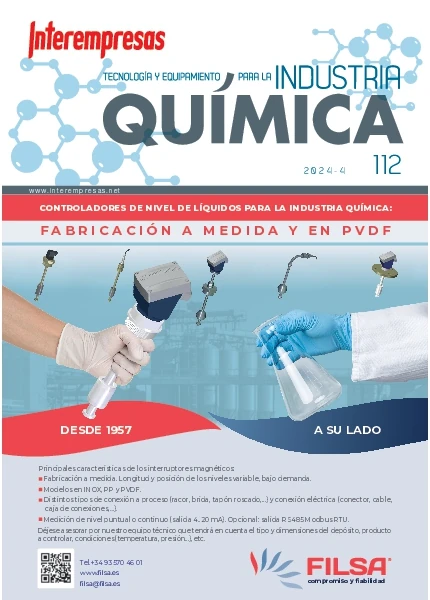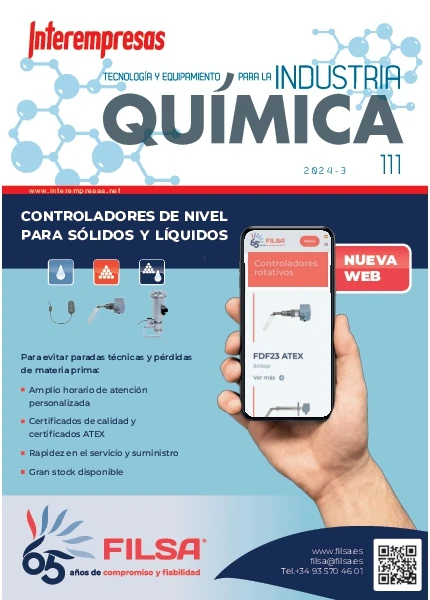Why not comply with the prevention of occupational hazards?

The first appearance or first approach to occupational health is cultural. Be motivated in his work workers and that, Furthermore, they do not lower by accident, it is a legal charge or is a profitable asset? If we respond sincerely to this question, we will be able to assess the quality - and future - of our company.
If we are nomadic, insecure and dissatisfied workers, we will have a bad company from the moral and economic point of view. And that although eludamos sanctions of the labour administration.
I do not think be unfair if I can say that the majority of the Spanish companies do not prioritize occupational health among its objectives. Only in one of the aspects, such as the risk assessment and audit of them, we can say, without much error of calculation, that many companies are looking for cheap and superficial evaluations and audits.
Today it is a scourge, therefore it apart from the human drama, the economic impact of almost 25 million days lost per year. We have been almost ten years since the enactment of the law on prevention of labour risks (LPRL) and it is true, we have come a long way, but is the question of whether prevention becomes seriously. Also would have to ask why after almost ten years of entry into force of the Act 31/1995 continues thinking that prevention is question of the Department with this designation, when it is not thought that it was exclusively for the service of preventionas if it were possible to dissociate the prevention management, i.e. the production process of the occupational health of workers.
Reasons for the lack of prevention
- Not always coherent regulation, we do not know when aims at the integration of security at all levels of the company and stimulates when just the opposite.
- The existence of the mutual of accidents at work, which must travel still a long way in improving their services. Fortunately, today they are diverting the recruitment of their mutual to private entities.
- The lack of "incentives" (not grants) to prevention.
- The laxity of some Governments in the demand for real compliance and not only formal requirements in the field of risk prevention, more concerned with "papers" to the effectiveness of preventive actions that can be carried out in companies.
- Little awareness or discipline of many workers.
- The lack of integration of prevention at all levels of the company.
- The excessively long periodicity of audits.
Obviously, there is no magic recipes, but probably if the management of prevention was considered at the same level as other areas of the company as the financial, quality and production management, the situation would be very different.

In practice, the implementation of the LPRL has been difficult, perhaps excessively idealistic and comprehensive treatment. In fact, several years after its promulgation, the hopes generated have been frustrated by the stubborn reality of figures of accidents increasing year after year, by a number also growing of accidents with serious consequences and by greater loss of working hours.
This increase in accidents has generated a certain alarm in society and has motivated his analysis from very different positions, trying to find the reasons which explain such unfavourable developments.
For some political leaders, most productive activity due to an expansionary phase of the economic cycle is the reason for the increase in accidents. For others, the high rate of contractual temporality. It may be that such reasons are solid.
But it is general confusion and the certainty that accidents constitute the pending political validation on labour matters.
In the arguments put forward by Government, employers and trade unions always there is some truth, but they are not sufficient to provide a convincing explanation of why the numbers have always been high in comparison with other countries in our economic environment, and why the implementation of the new law coincided with a remarkable and unexpected setback in the preventive effectiveness.
The reasons are more far-reaching and must be sought in the depletion of the model of preventive system implanted more than twenty years ago, when recognized the need to incorporate to employers and employees in the decisions of the Administration in this area, through their respective representative organizations.










































